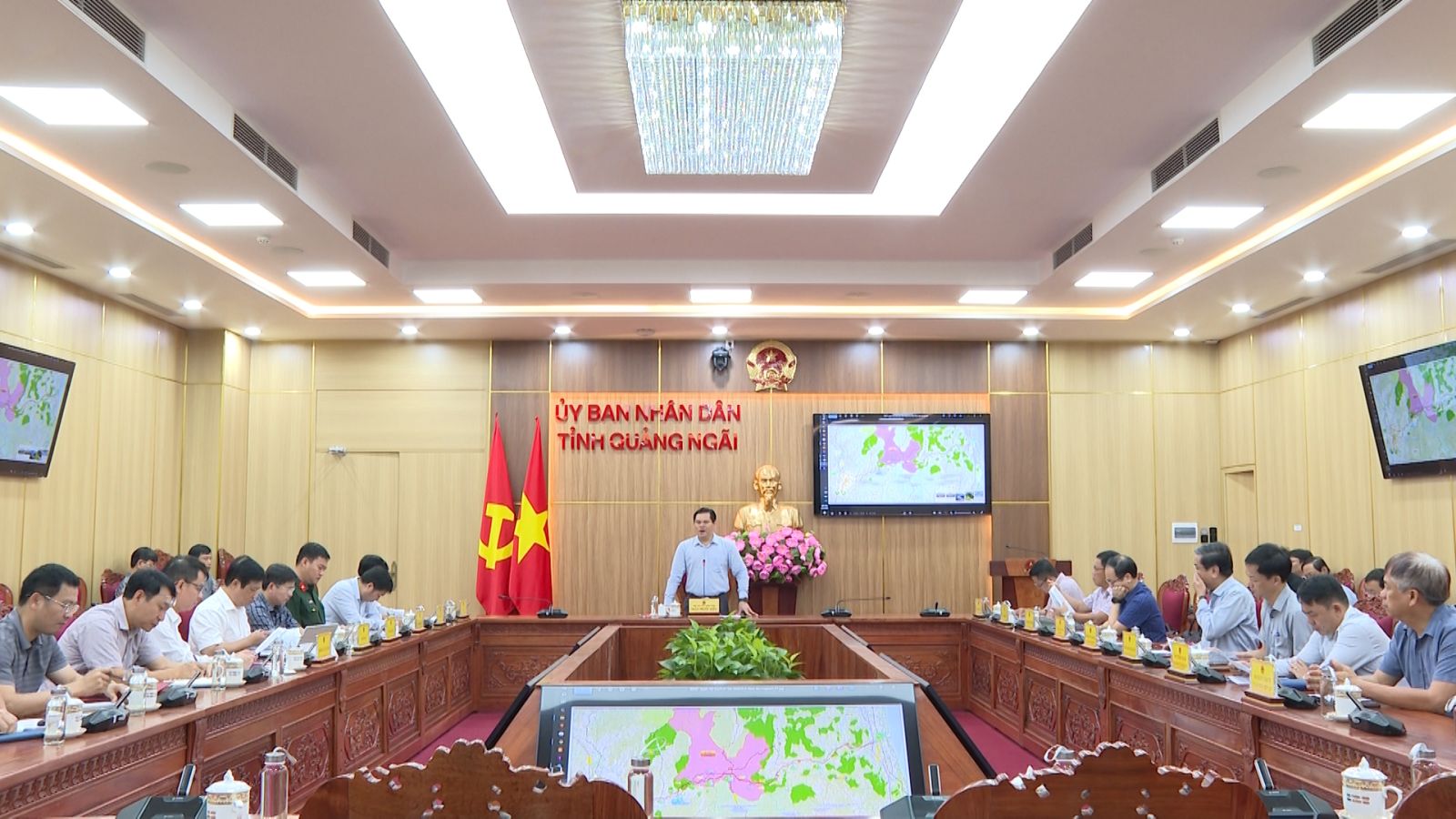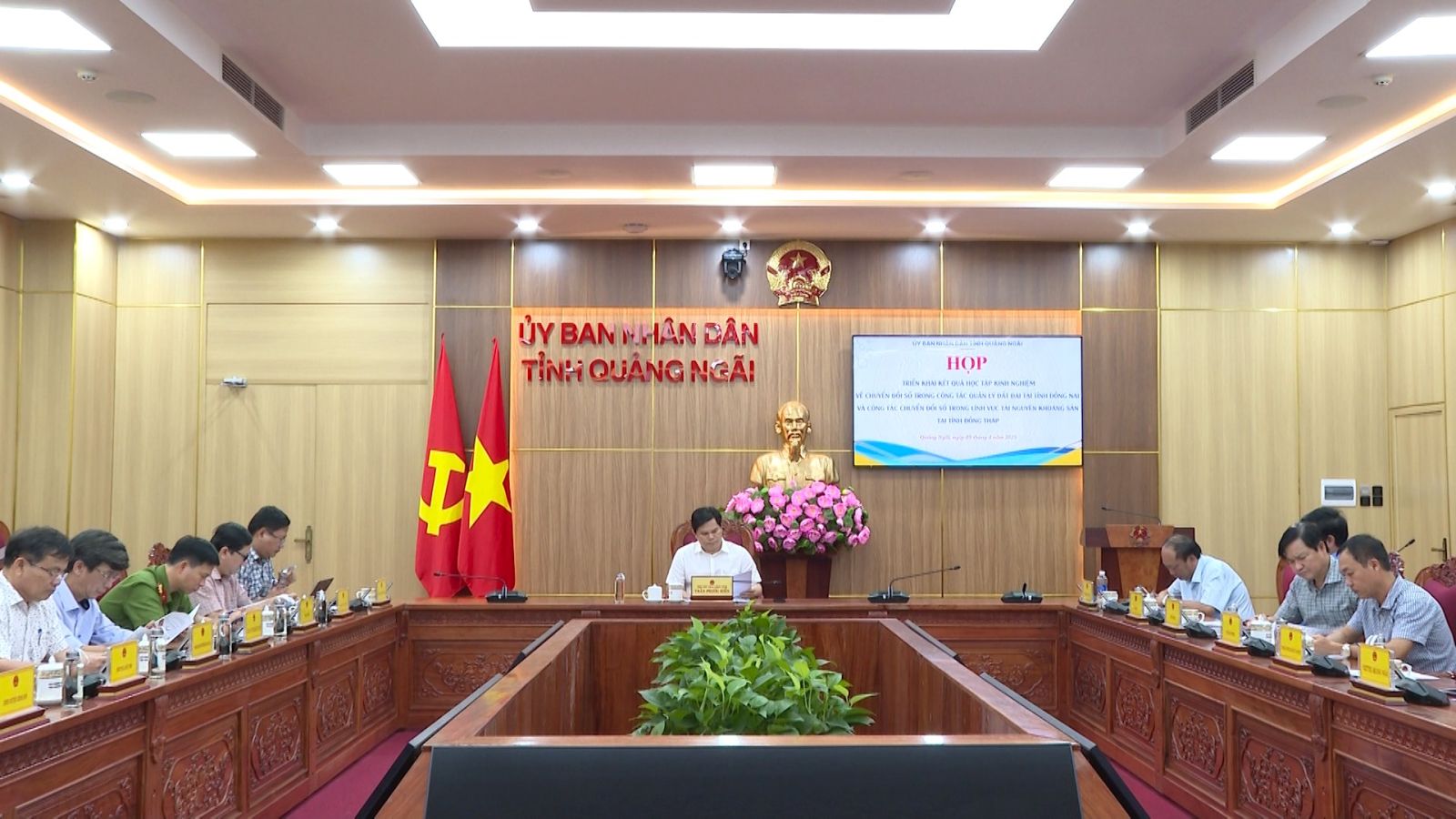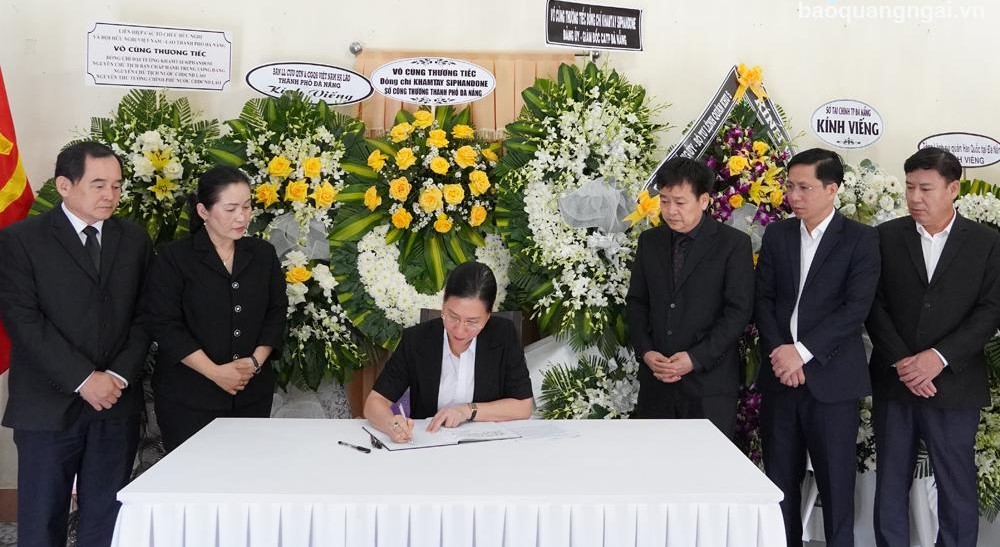On April 8, the Quang Ngai Provincial Party Committee held its 19th Conference to review the province’s performance in the first quarter of 2025 and outline key tasks for the second quarter.
The conference was chaired by Provincial Party Secretary and Chairwoman of the People’s Council Bui Thi Quynh Van, with the participation of Deputy Secretaries Dang Ngoc Huy, Nguyen Hoang Giang, and Dinh Thi Hong Minh.
Attending the event were members of the Standing Committee of the Provincial Party Committee, provincial leaders, and heads of departments and localities.
The conference highlighted positive results in Party building, administrative reform, and public investment.
The province’s GRDP grew by 8.07 per cent and state budget revenue rose by 2.3 per cent compared to the same period last year.
Political security and social order remained stable.
Delegates also studied key directives from the Politburo and Central Inspection Commission on administrative restructuring, anti-corruption efforts, and international integration.
Reports on asset and income declarations of provincial officials for 2024 and decisions made between sessions were also presented.
In her concluding remarks at the conference, Member of the Party Central Committee, Secretary of the Quang Ngai Provincial Party Committee, and Chairwoman of the Provincial People's Council Bui Thi Quynh Van emphasized the need for Party committees at all levels to focus on leading and successfully organizing the grassroots Party congresses for the 2025–2030 term, as well as preparing for the 21st Provincial Party Congress and the 14th National Party Congress.
She urged implementation of organizational restructuring in line with directives from the central and provincial levels, including reorganizing administrative units and building a two-tier local government model.
She called for strengthening administrative discipline and responsibility among public officials, and pushing forward key tasks to achieve a GRDP growth rate of at least 8.5 per cent in 2025.
Key priorities include administrative reform, streamlining investment procedures, and resolving bottlenecks in land clearance and site compensation to unlock development resources.
The province will prioritize investment in major projects with strong socio-economic impact, especially those tied to the upcoming Party Congress, as well as three national target programs.
Unresolved or delayed projects will be reviewed and addressed, while public investment disbursement—especially central government funding—must be accelerated.
Efforts to increase revenue, prevent budget losses, and ensure efficient, economical public spending are also expected to be strengthened.
Ms. Van also stressed the importance of advancing science, technology, innovation, and digital transformation, in line with Resolution No. 57-NQ/TW issued by the Politburo.
Social welfare initiatives will continue, including programs supporting disadvantaged groups, eliminating dilapidated housing, and developing social housing.
Labor training, job creation, and improving people’s livelihoods remain key concerns.
Finally, she highlighted the importance of strengthening external relations, especially people-to-people diplomacy, cultural and economic diplomacy, and international integration.
M.H
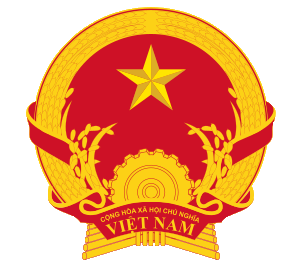


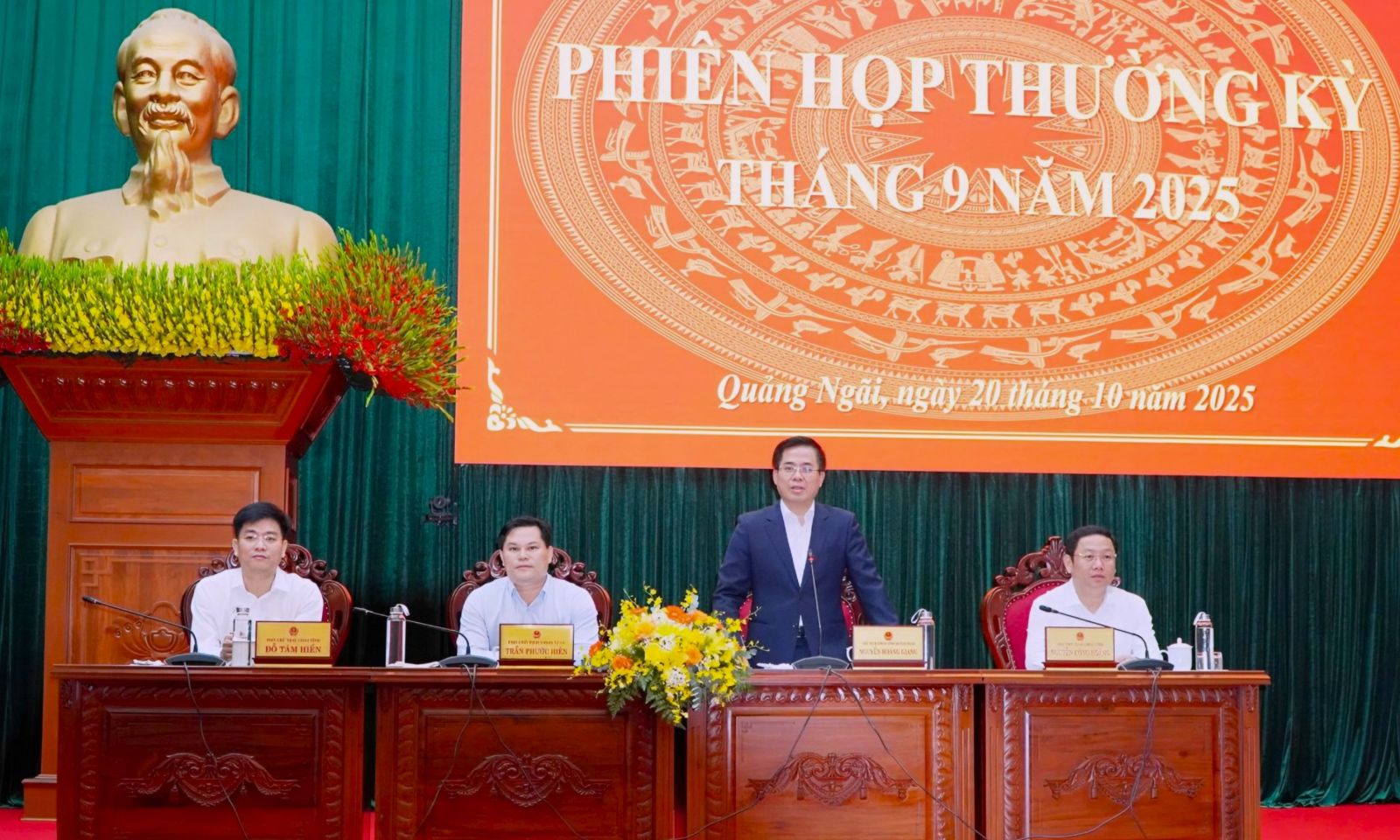
.jpg)
.jpg)
.jpg)
